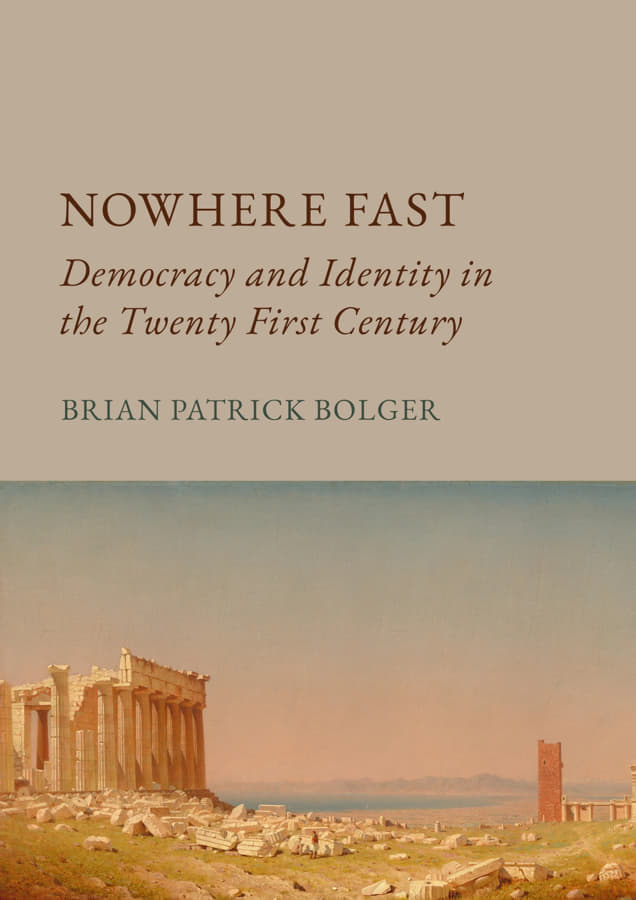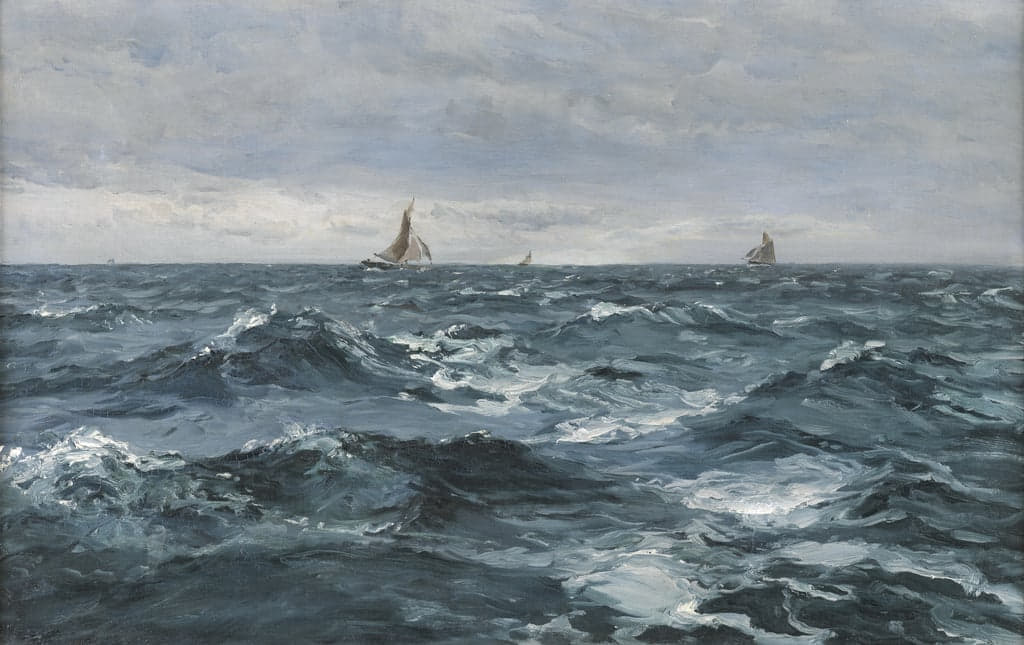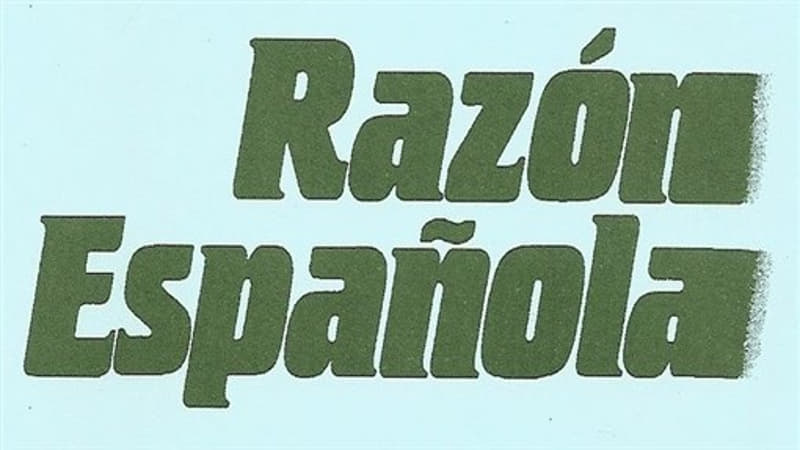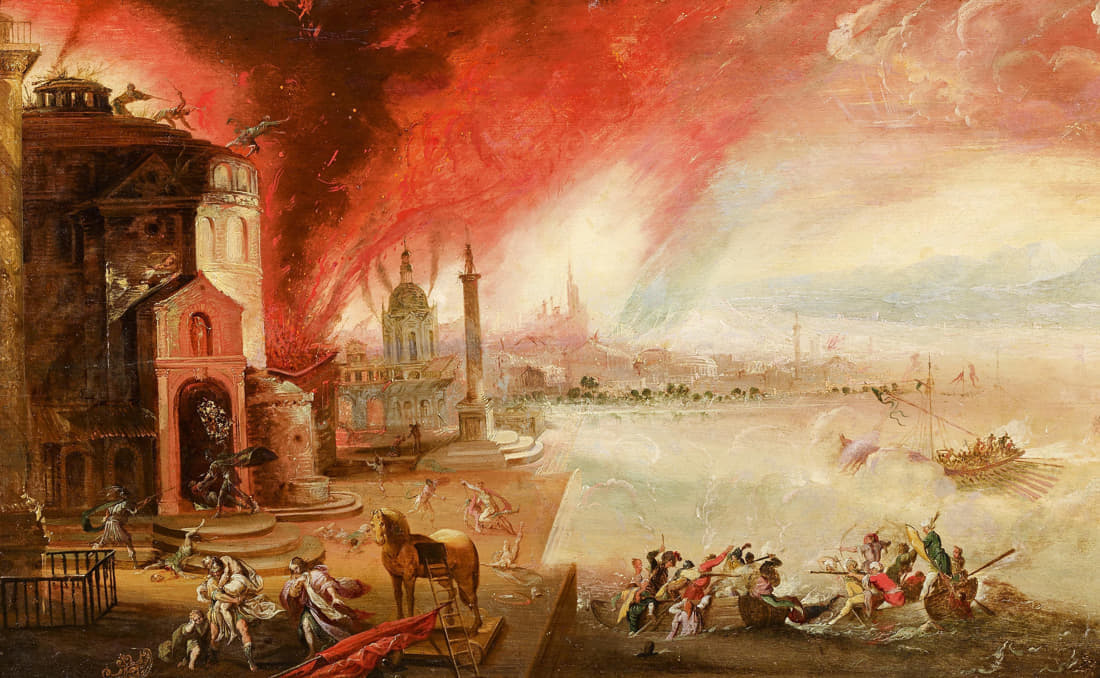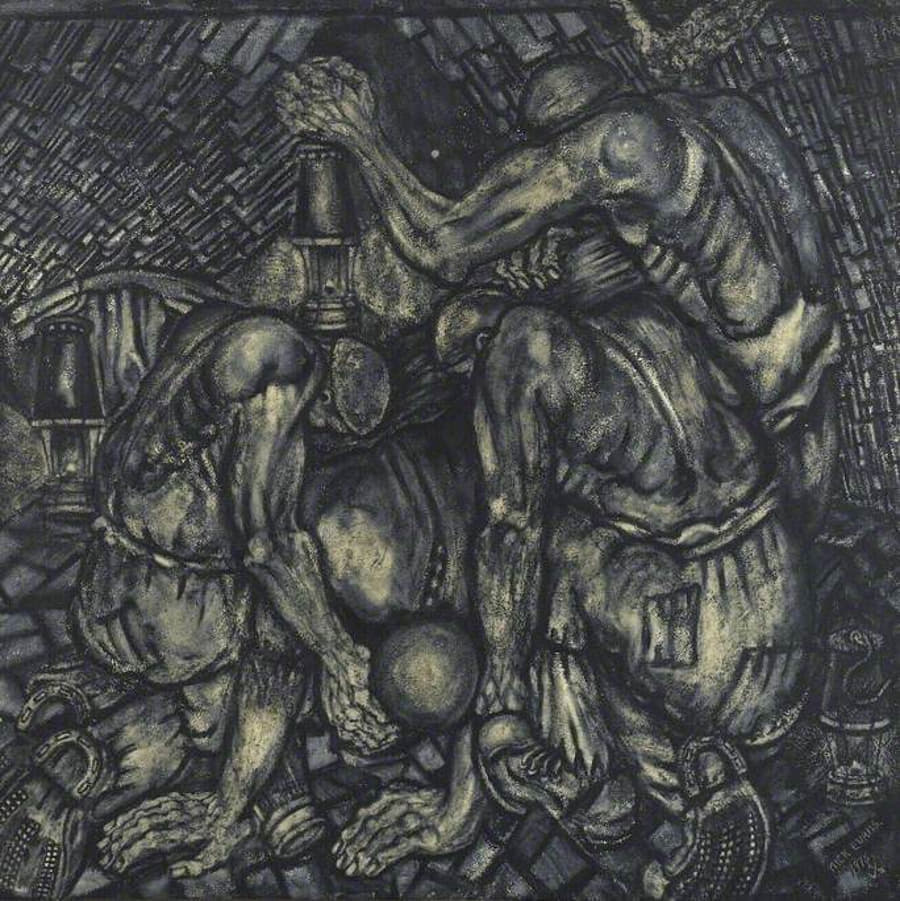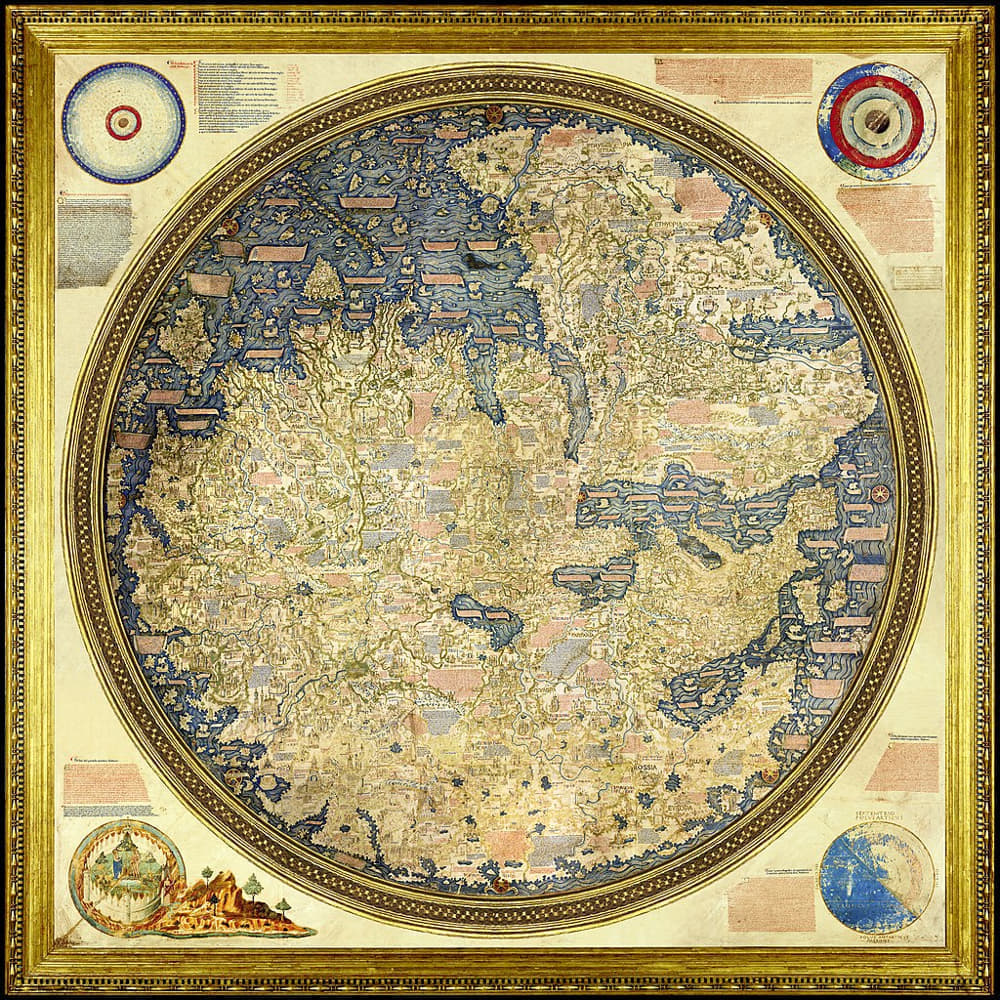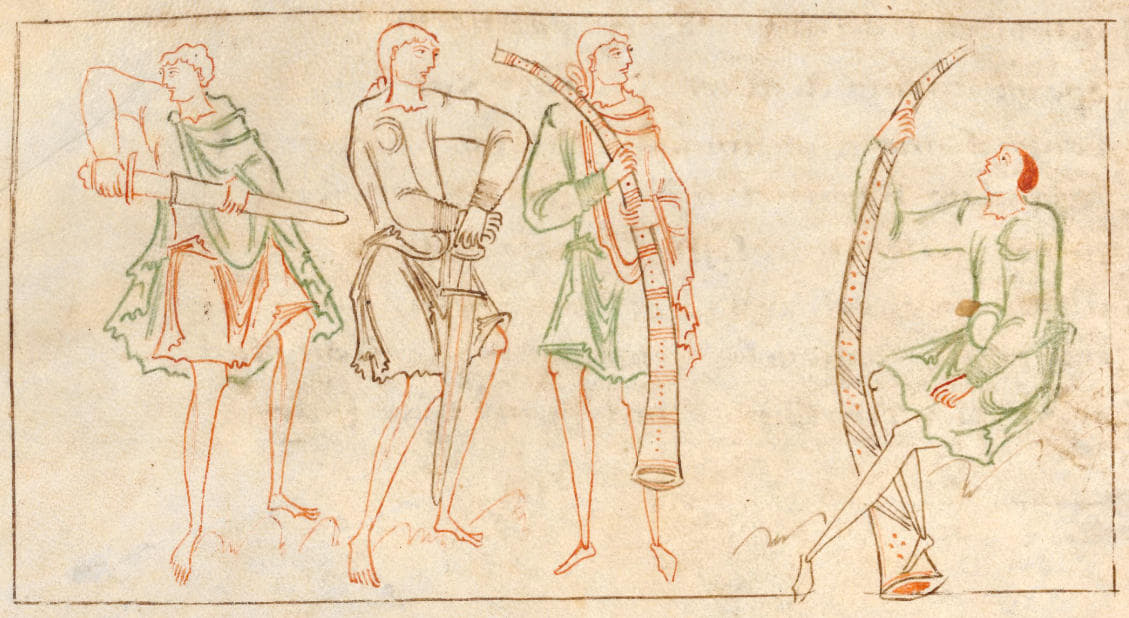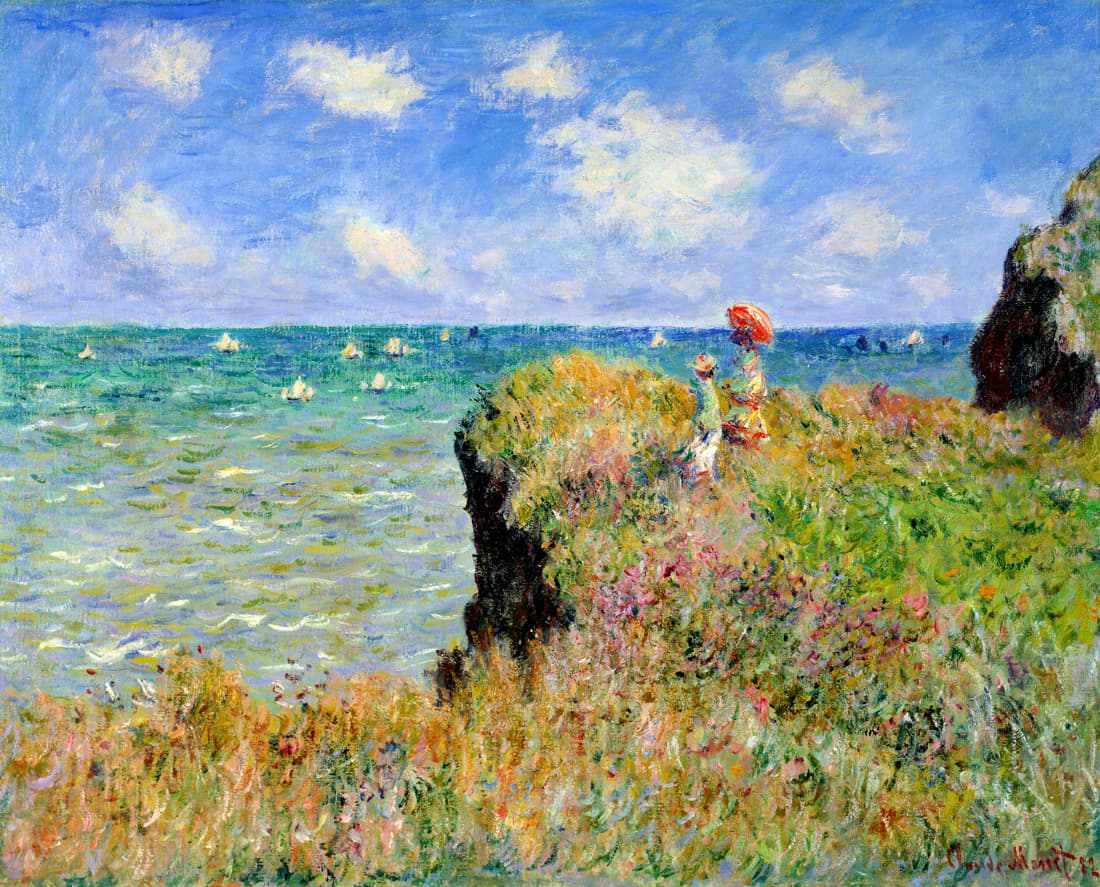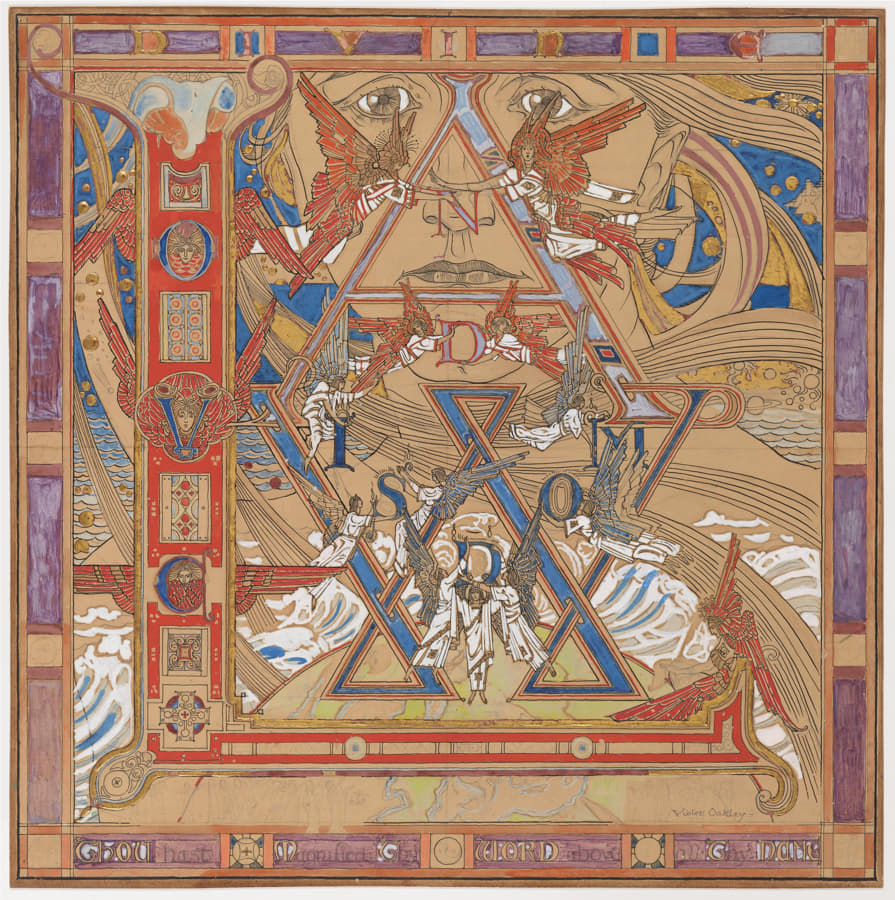
The Archimedean Point: The Political and the Legal Sphere
The distinction between “political” and “legal” is particularly difficult because the scope, purpose, and assumptions of one and the other are the same, or similar, or, at least in part, coincident. If, for example, one asks “what is the purpose of politics?” the prevailing answer is the “common good,” understood as security (and protection) from … Read More
